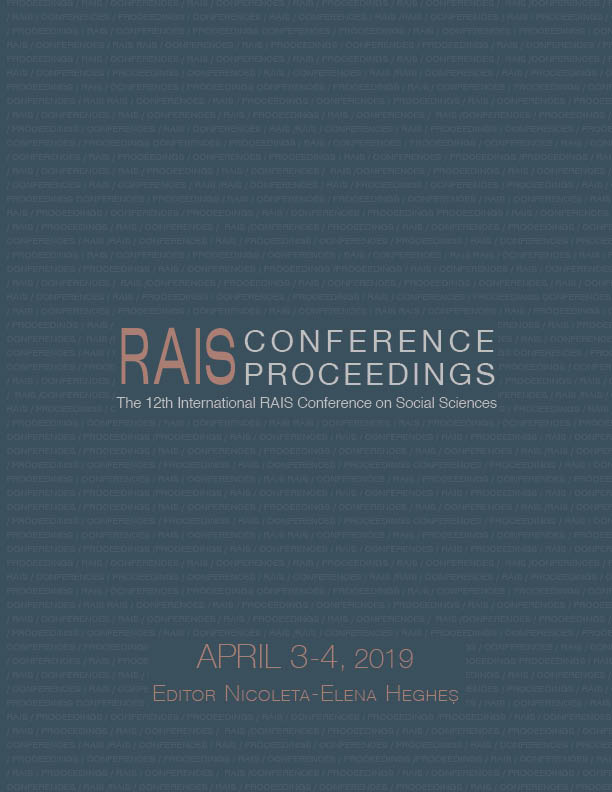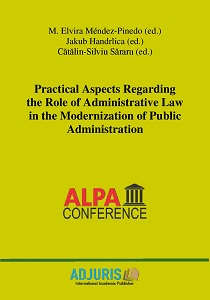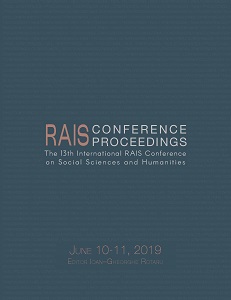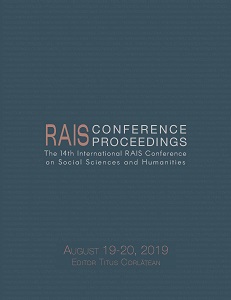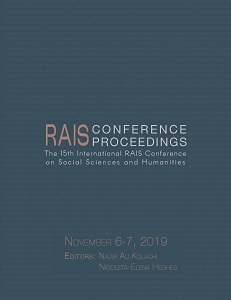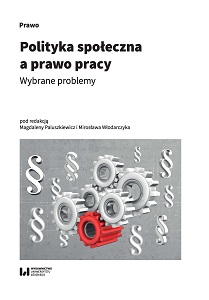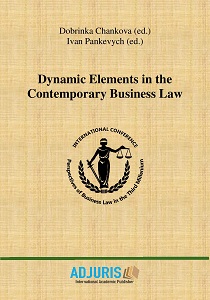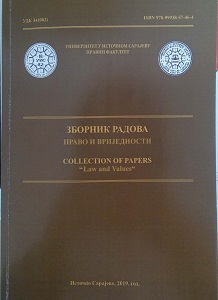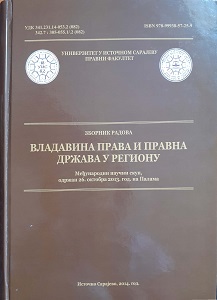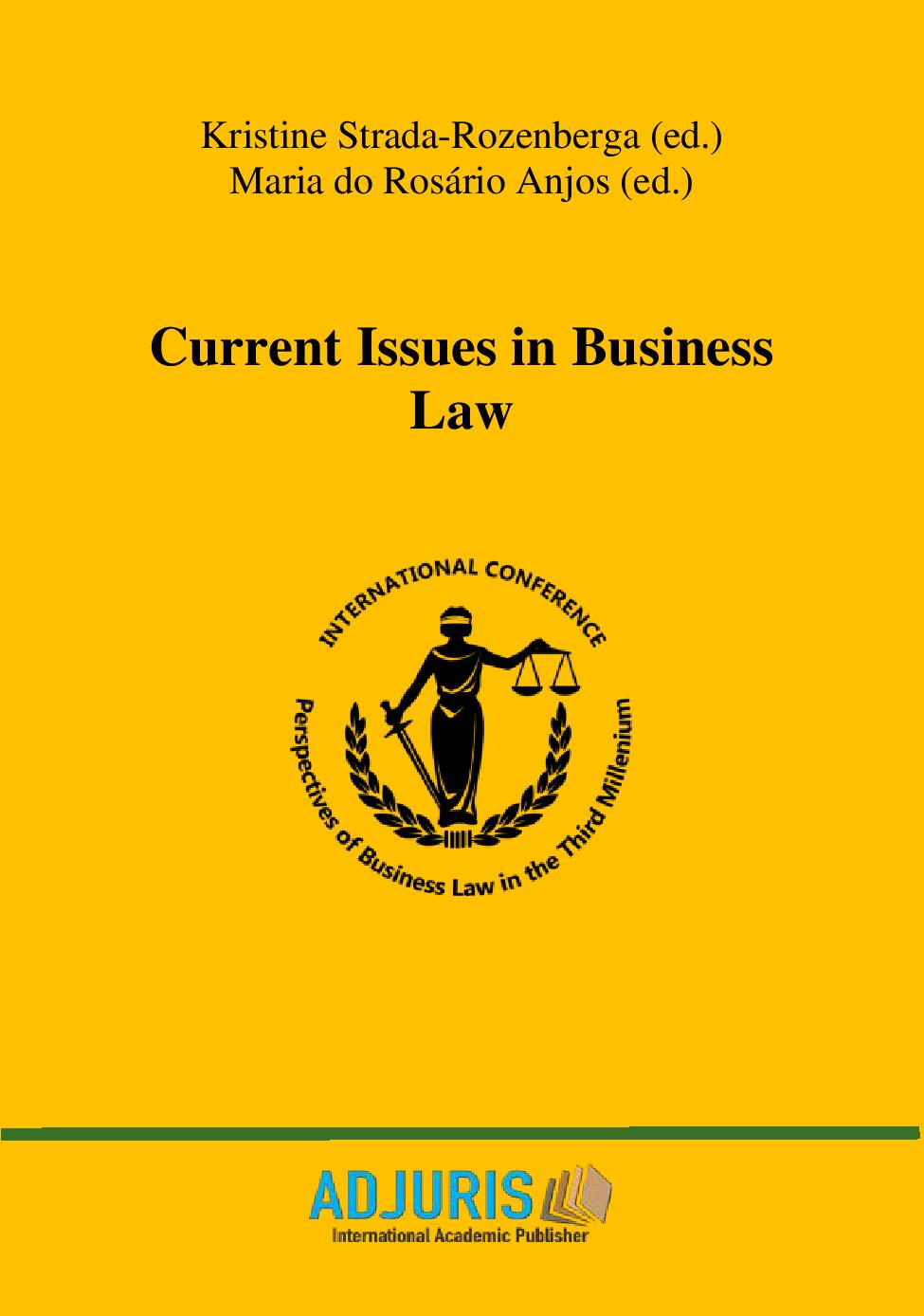
Free movement of capital and payments in the European Union, the result of successive regulations
The first part of the paper presents the distinction between the concepts of "capital movement" and the circulation of payments. The principle of free movement of capital and payments does not require the adoption of additional regulations at national level and is therefore directly applicable in the member countries. The second part of the paper deals with the legislative framework of the two freedoms in its evolution, according to the Treaties of the European Union and the directives in field.
More...
